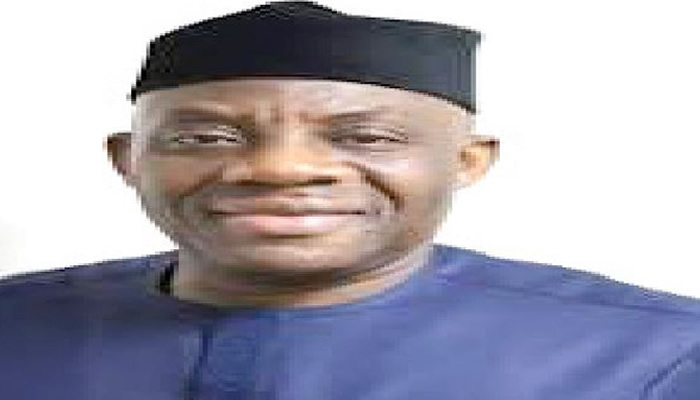Dr. Tunji Alausa, the newly appointed Minister of Education, has announced significant changes to Nigeria’s higher education framework by abolishing the existing 18-year admission age benchmark for tertiary institutions. This move reflects a shift in policy direction aimed at making education more accessible and aligned with the needs of the current student demographic. Alausa also indicated a potential review of the nation’s broader education policy, suggesting that the government is willing to reassess existing regulations to enhance the effectiveness of the education system. However, he reaffirmed the federal government’s commitment to nullifying degrees obtained from over 22,700 students through “fake” universities operating in neighboring countries like Togo and the Benin Republic, emphasizing the importance of maintaining academic integrity.
In his inaugural ministerial press conference held in Abuja, Alausa elaborated on the need for educational reform that prioritizes practical skills and experiences. He stressed the rising unemployment issue in Nigeria and highlighted the inadequacy of the current educational outputs, which continue to produce graduates without ensuring enough job opportunities in the economy. The Minister’s focus on practical education signifies a shift towards a curriculum that prepares students for real-world applications, potentially bridging the gap between education and employment in a country grappling with high unemployment rates.
Alausa’s vision includes fostering partnerships between the federal government and private sector operators, with the intent of providing students with enhanced training opportunities that can help them realize their potential. By collaborating with industry, the Minister aims to create a symbiotic relationship that can lead to a labor force equipped with the skills necessary to meet the demands of various sectors. This initiative underscores a strategic approach to education that seeks not only to enhance academic performance but also to ensure that students are ready to tackle the challenges of the job market upon graduation.
Addressing the critical issue of food insecurity, Alausa announced plans to empower universities of agriculture to adopt commercial farming practices. This initiative is intended to tackle the pressing challenge of food production in Nigeria, which has been a significant concern for years. By integrating practical agriculture into the curriculum and encouraging hands-on involvement in commercial ventures, the Ministry of Education seeks to enhance the role of agricultural education in contributing to food security, thus making a dual impact on both the educational and socio-economic landscape of the country.
Alausa’s remarks signal a pivotal moment in Nigeria’s educational reform journey, emphasizing a transition towards more inclusive and applicable educational practices. His proposals highlight a comprehensive approach that does not solely focus on academic achievements but also pays attention to the broader implications of education in society. The implications of these changes will likely resonate throughout various sectors, impacting not just students, but employers and the economy as a whole.
As a journalist with three years of experience in covering education and related sectors, Deborah Tolu-Kolawole provided detailed insights into these developments. The new policies and reformative measures outlined by Minister Alausa underscore a proactive stance aimed at addressing long-standing issues within Nigeria’s education system while aligning with the nation’s developmental needs. This direction may ultimately lay the groundwork for a more resilient and responsive educational framework that meets the challenges of today and tomorrow, fostering a generation of skilled and capable individuals ready to contribute to national growth.














